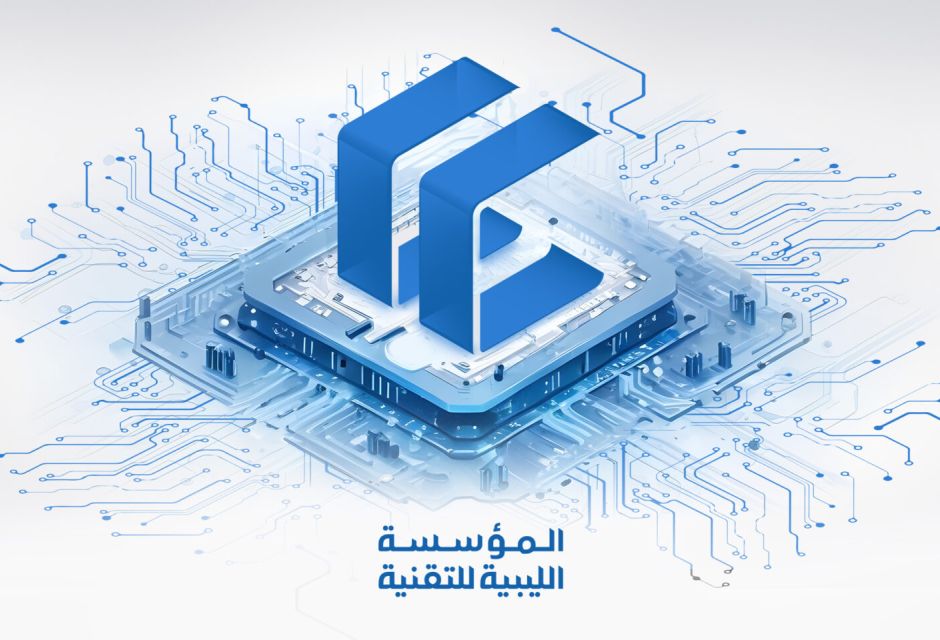The Foundation of Thought: From Idea to Execution
I often ask myself: What is the greatest achievement one can deliver?
That question made us pause for months before founding the organization on August 25, 2020. How could we move beyond being just another association, organization, or traditional entity — to become something that endures, creates unprecedented impact, and truly becomes what’s known in English as a Game Changer?
In our search for the answer, the internal work began — shaping what I called “The Thought-Based Technical Organization.”
Five months of planning, writing, and developing internal systems, bylaws, objectives, strategies, and a network of partners and supporters. By February 2021, the vision was still mainly intellectual — ideas, reflections, and frameworks — with little to show physically.
Then, one evening I considered one of the most discouraging and saddest of all, a moment of divine timing came when I answered a phone call from someone I call my “angelic supporter.” He doesn’t even know how much his words meant. He said:
“Ameen, you look exhausted. Hold on, relief is near. God willing, the country will stabilize soon, and you’ll be able to achieve great things in that stability. Take care of yourself. Goodbye.”
That call was a turning point. From there, The Thought Foundation evolved into The Foundation of Executing Ideas — a foundation of acceleration and continuous work.
Through this journey to where we stand today, we’ve faced countless obstacles, struggles, hardships, and sacrifices. But those experiences shaped our philosophy:
“If we overcome the challenge, it adds to our record; and if the challenge overcomes us, the attempt itself is honorable. Each step we take — one no one has taken before in Libya — adds to our learning and growth.”
Becoming the Chairman of a Civil Society Foundation, funded entirely locally, and running operational expenses from unconditional local support, was unprecedented — especially in a time when many organizations were competing for foreign funding in dollars and euros.
As our Egyptian brothers say: “What should I do?”
So we began thinking strategically: some projects work, others stop; some plans succeed, others evolve. We gathered experts, yet financial issues were constant — how to pay experts, staff, rent, and equipment? We couldn’t rely solely on volunteers — that’s where many once-active organizations collapsed. But we also couldn’t always afford paid work — otherwise, we’d lose the thought behind the foundation.
Then came the idea:
“We must sell the execution of our ideas — to become the indispensable link for supporters, society, and government institutions.”
Since then, my recurring phrase in meetings became:
“Ladies and gentlemen, we will continue as long as we are delivering value to society — whatever that value may be: services, policies, public advocacy, representation, contributions, support, celebrations, or activities.”
One memorable incident occurred in late 2021, when Libya Telecom & Technology (Hatif Libya) decided to change its fiber optic cable leasing model — from distance-based to capacity-based pricing — which would have increased costs tenfold to a hundredfold. Such a move would have been disastrous for both private and public companies, and ultimately, for citizens.
I intervened with several experts and gathered all private-sector telecom companies to prepare a detailed report — almost like a petition — to persuade both Hatif Libya and the Libyan Telecommunications Holding Company.
The response came from the very top: the private sector was exempted from the MPLS pricing changes.
It was another achievement added to our record — sparing both companies and citizens from inflated costs.
From that point, our philosophy evolved:
“Let’s achieve accomplishments that become our capital — to make society’s trust in us the true foundation of our sustainability.”
Days, weeks, months, and years passed — and as we approach our fourth anniversary, I now see the Foundation operating 24 hours a day:
Working from home, conducting training, providing services, holding meetings, attending events, reviewing documents, making decisions, and participating in policymaking — all as part of our civil society role.
Since the greatest achievement is the transfer of knowledge, we’ve trained nine individuals this year alone — on the latest in technological tools, management, quality systems, soft skills, and technical consulting — preparing them to work effectively under even the toughest conditions, armed with the strongest practical skills.
We realized that most companies don’t allow graduates to train — they want employees ready-made.
But here, trainees can work in a real production environment without harming our operations. From that realization came a spontaneous phrase that stuck with us:
“Why not?”
And so, I’ve summarized — even if only briefly — part of this story on a Thursday evening, in the second episode of the Essays of the Libyan Technology Foundation, titled:
“The Foundation of Thought.”
Until the next episode and reflection in this series —
Amin Salih wishes you all the best.
#Essays_of_the_Libyan_Technology_Foundation

